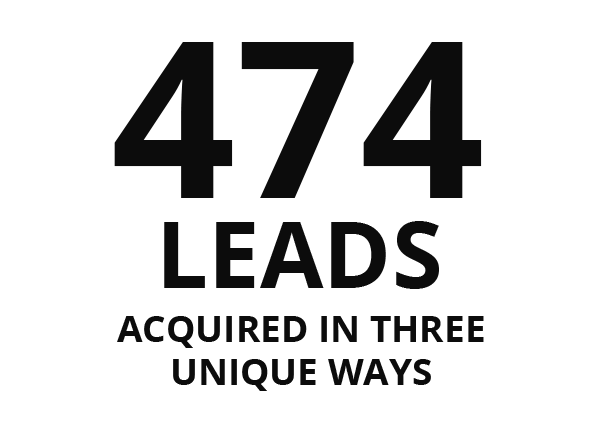Event sponsorship is one of the most effective marketing strategies for driving leads and brand awareness for your business. Unlike other forms of advertising, sponsorships can be more personal and meaningful because they allow you to create a deeper connection with your target audience by aligning yourself with something they care about.
While sponsorship can be an effective way to get in front of your target audience, it’s important not to forget that it’s also an opportunity for you to find new leads. If you plan (or sponsor) events that appeal to multiple demographics, including people who aren’t already part of your company’s database or email list, then sponsorships can help you reach out beyond just those who have already purchased from you before.
How a Healthcare Entity drove new leads through event sponsorship:

Average cost Per lead in the healthcare industry:

Average cost per lead through event sponsorship:

Here are some tips on how you can make sure that you are driving leads through events:
"Event sponsorship builds brand recognition, sales and PR. It also creates a connection between your business and the event attendees, providing numerous touch points to engage both current and potential customers."
Event sponsorship is an investment in your brand’s future. By putting money into sponsoring events you are investing in your company’s growth by building relationships with new customers, increasing awareness of your brand, increasing media exposure and establishing credibility within the community.
Of course, sponsorships aren’t only beneficial from an advertising standpoint; they can also help connect brands with their customers more directly as human beings. By sponsoring an event where people enjoy spending time together outside of work hours (like concerts, informative webinars, or networking experiences), companies can build brand loyalty.
As you can see, sponsoring a local event is a great way to get your business in front of potential customers and build relationships with them. It’s cheaper than traditional advertising methods, especially when compared to creating an ad campaign on TV or radio. You’ll also see better results, since people are much more likely to remember your brand from an event they attended.





 Ad Choices
Ad Choices
